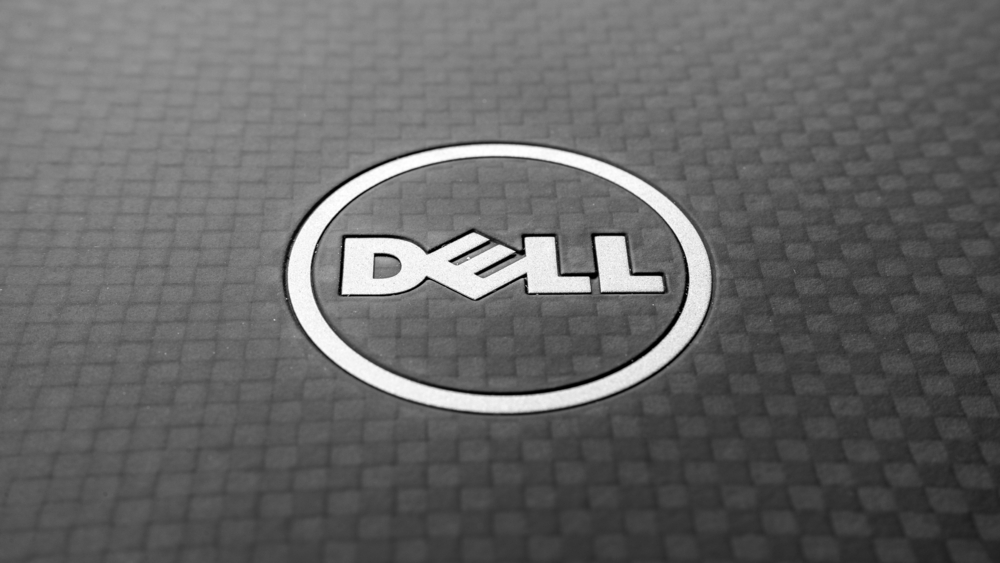Following Dell’s announcement yesterday that it will buy storage firm EMC for $67 billion, analyst firm Gartner has said existing customers of either company are likely to be negatively impacted by the merger.
Dell has had its offer of $33.15 per share in cash and special stock accepted by EMC’s board and, if approved by regulators, it will be the technology sector’s largest ever takeover.
Dell believes EMC’s wealth of enterprise customers, and its leading position in the storage market, will complement its popularity among small businesses and midmarket firms.
“The combination of Dell and EMC creates an enterprise solutions powerhouse,” said Dell’s founder, CEO and chairman Michael Dell, who has enjoyed the flexibility to restructure the company away from the public markets since taking it private in 2013.
He hopes giving EMC the same treatment will provide the breath of life it requires. While Dell needed to shift away from the fledging PC market and build its enterprise capabilities, EMC has struggled with falling prices and reduced spending in data storage.
>See also: EMC and VMware spin-out Pivotal announces platform-as-a-service
As part of the deal, Dell will also acquire EMC’s 81% stake in virtualisation leader VMware, which despite being a quarter of the size of EMC is thought to have made up the bulk of the valuation.
VMware will remain a publicly traded company, and will be an important provider of cash flow for Dell over the coming years.
With Dell reported to be borrowing a large portion of the money required for the deal and already competing in a considerable amount of product markets as EMC, the takeover is likely to result in layoffs, although this hasn’t been confirmed.
Werner Zurcher, research VP for IT storage and disaster recovery at Gartner, told Information Age the scale of work required to complete the merger will likely result in management focusing less on customers for at least two years, while users of products to be obsoleted will be inconvenienced.
Assuming the 60-day “go shop” period does not lead to EMC being acquired by someone other than Dell, then this merger is a huge opportunity for the new Dell.
Dell will acquire products and services in several IT areas that Dell has lacked, like cloud computing, flash arrays and integrated systems. However, there are significant cultural challenges that the new company will face.
The merger is also likely to divert management attention from customer concerns and market dynamics for the next two years, or longer.
The merger will make Dell, which is currently number two in x86 servers but number six in storage, number one in storage with a strong position in integrated systems and solid state arrays (two current weaknesses for the company).
A few big product rationalisations will have to be decided. For example, Dell already has five backup products with its Compellent range, while EMC has another three with its VNX family.
VCE, the EMC subsidiary that manufactures converged infrastructure (CI) appliances, will eventually transition away from being mostly Cisco UCS-based – either next year or in 2017 – putting the Dell-Nutanix alliance in serious danger. Customers of products to be obsoleted will be inconvenienced.
The increased debt will also increase certain risk to products that are either not seeing meaningful growth or generating meaningful cash flow. Anything that falls into that category faces a greater risk of divestiture or under-investment in an attempt to improve cash flow.
A detailed assessment of the merged company’s product line rationalisations and organisational integration plans will have to wait until the deal closes sometime in mid-2016 because Dell and EMC must operate independently until then.
Finally, EMC has a large, aggressive and well-respected storage and converged infrastructure sales force. Its revenues are largely generated from sales to large organisations and enterprises.
Dell revenues are more widely distributed across industry verticals and organisational sizes. The EMC sales force, left intact, should eventually help Dell generate more revenue from large accounts than Dell has managed to generate alone.










